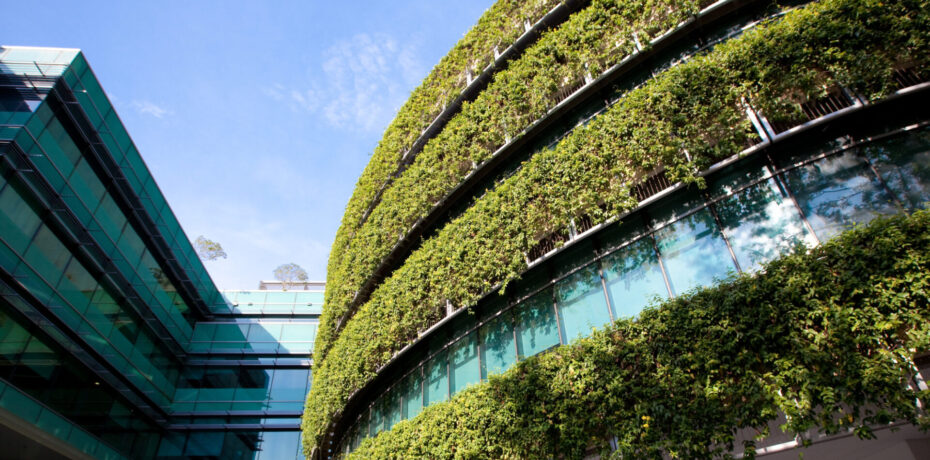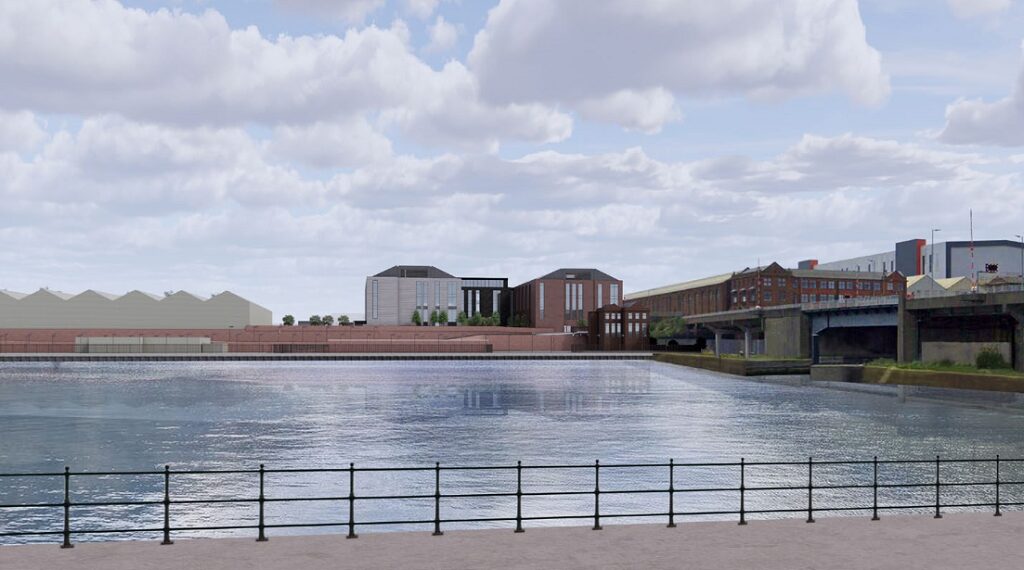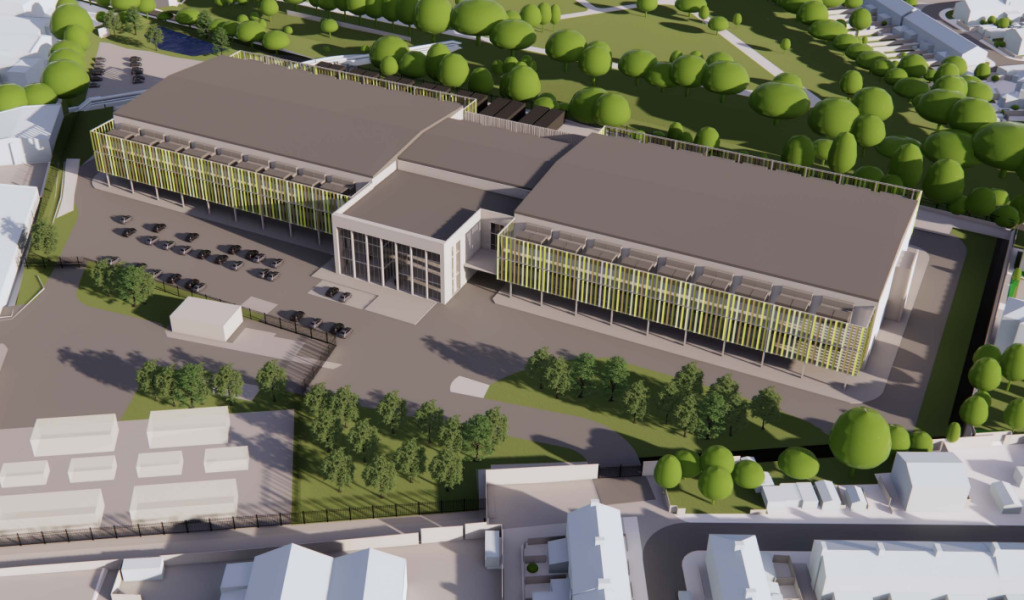Trends shaping ESG agenda of real estate in 2023
 2022 showed us that the real estate industry was living in two opposite realities when it came to ESG, writes Melis Karabulut of Spaceflow.
2022 showed us that the real estate industry was living in two opposite realities when it came to ESG, writes Melis Karabulut of Spaceflow.
While one side didn’t even know what ESG meant, the other side took ESG as its biggest concern and priority. For progressive landlords, concerns over meeting environmental targets have reached an alarming level, even amid the global economic downturn and other impactful events that could have shifted the focus of all businesses away from sustainability.
Investors care about ESG when making commercial investment decisions – in addition to keeping their good brand name – although its perceived importance and what counts as environmentally-progressive building differs from region to region.
We know that not all real estate companies have taken as concrete steps towards net zero as some of the industry leaders such as NREP or Newsec in the Nordics with their commitment to reach net zero by 2028 and 2030 respectively, or Charter Hall which is performing above the global average in sustainability performance.
The rest of Europe and North America are yet to catch up with Scandinavian standards. For example, three-quarters of the UK office market falls below the minimum energy efficiency standards that will be in place by 2030, and the rest of Europe shows similar numbers.
According to estimates by Knight Frank, $500bn of office space in New York with high carbon emissions may be stranded or destroyed by 2030, as it won’t comply with green standards and refurbishing it will be too costly.
In the case of demolition, constructing sustainable buildings on the same spots will require top-level investors, designers and project managers, so that these buildings don’t become irrelevant due to future green standards.
In addition to the ‘E’ in ESG, the ‘S’ factor has been gaining traction in the last few years, as businesses see value in becoming more people-focused, as wellbeing and people engagement matter more than ever. Running an environmentally and socially sustainable business will be one of the most important factors for successful organisational transformation in real estate over the next 20 years, according to PwC’s Emerging Trends in Real Estate – Europe 2023 report.
This begins with creating communities, common spaces and social impact through diversity and inclusion-oriented strategies, as well as by supporting the concept of real estate as “social infrastructure”, which affects not only financial returns and tenant retention, but also the social worth and image of companies.
In short, tomorrow’s net-zero compliant and socially responsible buildings will need to be built today. But the question of how – how the financing and velocity of this change will pan out – remains unanswered.
In our estimation, these trends will shape much of the ESG conversation in real estate in 2023.
- Melis Karabulut is partnerships and event specialist at Spaceflow





